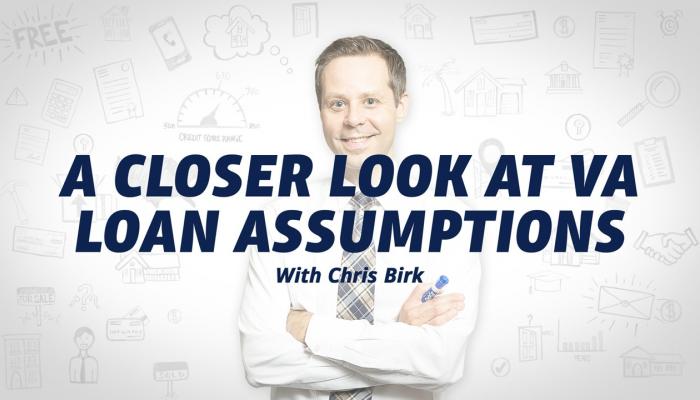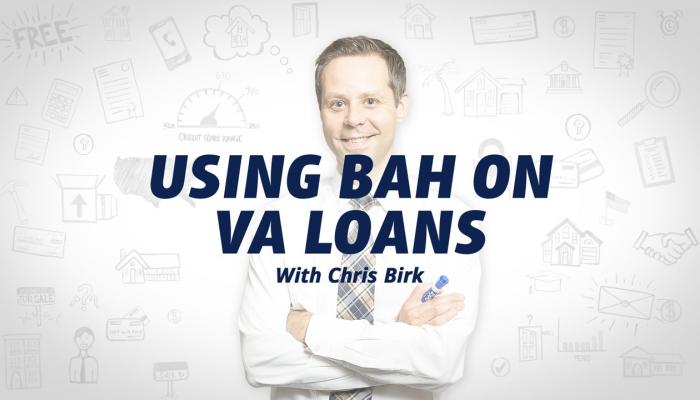When it comes to qualifying for a VA loan, income plays a crucial role in determining your overall eligibility. One common question among VA borrowers is whether overtime income may be considered as part of their qualifying income for a VA mortgage. Fortunately, you can often use your overtime pay as effective income when applying for a VA loan as long as you meet certain requirements.
Does overtime income count as income for a VA mortgage?
VA lenders may accept overtime pay as effective income, meaning it can count toward your VA mortgage. However, overtime income must follow your lender’s specific criteria to be considered during the qualification process.
VA Overtime Income Guidelines
To consider overtime pay for your mortgage, your VA lender must verify that this source of income is stable, reliable and likely to continue. Lenders typically adhere to specific guidelines when considering overtime pay.
Here are some questions your lender may consider:
- Is the borrower guaranteed, required or allowed to work this overtime?
- Has the borrower demonstrated the consistent ability to work this overtime?
How to Make Overtime Count Toward a VA Mortgage
The most important factor in making your overtime pay count toward your mortgage is your ability to provide sufficient documentation of this income. Prospective VA borrowers will generally need at least a two-year history of receiving the overtime income in question.
It can also be helpful to provide proof that your overtime income is likely to continue. This might come in the form of your employer's confirmation that the income will remain consistent in the future.
Overtime Income Exceptions
In some cases, there are exceptions for prospective borrowers who can't provide two years of documentation for their overtime income:
- Borrowers with just under two years of documented overtime: If you are close to but have not yet reached 24 months of consecutive overtime, the VA lender may be able to calculate your average overtime over the past two years and consider this amount as additional income. This figure will be less than if the overtime had been consistent for the full two years, but may still be valuable when qualifying for a VA loan.
- Borrowers who work high volumes in short bursts: For those who work irregular hours, lenders may calculate an average overtime income based on work history. For example, an employee who works 84 hours one week and has the following week off would average 42 hours per week, or 2 hours of overtime each week. This borrower may be able to use this overtime income to qualify for a VA loan with only a year’s worth of documentation.
- Borrowers with more than one employer: If you've had two jobs over the past two years but have consistently worked overtime at both, your VA lender may consider this when evaluating your income.
How to Calculate Overtime Income for a VA Mortgage
If your overtime pay meets your VA lender's guidelines to be considered effective income, they will calculate the size of this income when determining your loan eligibility. Here's a step-by-step breakdown of how to calculate your overtime income for a mortgage:
Step 1: Break Down Paystubs
Lenders will request a verification of employment from your employer. This includes a breakdown of your pay history, including overtime hours and earnings.
Step 2: Determine Base Income
To determine your base income, lenders will typically use your current hourly pay rate if it has been consistent over the previous two years. If you've consistently worked at least 40 hours per week, your weekly base pay is calculated as 40 hours multiplied by your hourly rate.
To estimate your monthly base income, multiply this weekly base pay by 4. However, keep in mind this figure is only an estimate since there aren’t exactly 4 weeks in any given month.
Step 3: Calculate Monthly Overtime Income
Unlike base income, lenders generally calculate overtime income as an average. This involves adding your total overtime earnings from the previous two years, and then dividing this sum by 24 months to determine the average monthly overtime income you receive.
Calculating Overtime Income: Example
See the example below to better understand the process of calculating your overtime income for a VA mortgage:
Base Income
Say your hourly rate has been $20 for the previous two years, and you’ve consistently worked over 40 hours per week. In this scenario, here is how you would calculate your base income:
Weekly base income = hourly rate * 40 hours
= $20 * 40 hours/week
= $800/week
Estimated monthly base income = weekly base income * 4
= $800 * 4
= $3,200/month
Average Monthly Overtime Income
Your hourly base pay is still $20, but you earn 1.5 times your normal rate for overtime hours. Say you have consistently worked 2 hours of overtime over the past two years.
Overtime hours over the past two years = overtime hours/week * 104 weeks in two years
= 2 hours/week * 104 weeks
= 208 total overtime hours over the past two years
Overtime income over past two years = overtime hours over past two years * overtime pay rate
= 208 hours * 1.5($20)
= $6,240 total overtime income over the past two years
Average monthly overtime income = overtime income over past two years / 24 months in two years
= $6,240 / 24 months
= $260 average monthly overtime income
In this example scenario, we’ve calculated that your overtime income contributes approximately $260 each month toward your total income. This value roughly represents what your VA lender may consider when evaluating your income to qualify for a VA loan.
Related Posts
-
 VA Loan Assumption: Breaking Down How VA Assumptions WorkAssuming another's VA loan is an intriguing benefit with VA loans. Here we take a look at what an assumption is, the process and who can assume a VA loan.
VA Loan Assumption: Breaking Down How VA Assumptions WorkAssuming another's VA loan is an intriguing benefit with VA loans. Here we take a look at what an assumption is, the process and who can assume a VA loan. -
 Using Basic Allowance for Housing (BAH) on VA LoansAn incredibly powerful benefit of the VA home loan is military members' ability to use their Basic Allowance for Housing (BAH) towards their mortgage payments. BAH rates depend on several different factors, so it's crucial to verify your amount with the DOD.
Using Basic Allowance for Housing (BAH) on VA LoansAn incredibly powerful benefit of the VA home loan is military members' ability to use their Basic Allowance for Housing (BAH) towards their mortgage payments. BAH rates depend on several different factors, so it's crucial to verify your amount with the DOD.


